The Joint Institute for Nuclear Research in Dubna (JINR,) or Dubna Institute for short, is one of the leading scientific research institutes not only in the Russian Federation but also one of the most prestigious scientific research institutes in the world.
Vietnam is one of the co-founding countries of JINR. During the war, Vietnam sent outstanding scientists to JINR to study, research and contribute to basic science and technology.
Since 1982, when the Vietnam Academy of Science and Technology became the plenipotentiary representative of Vietnam at JINR, the training of scientific staff has been systematized, laying the foundation for building a high-quality scientific and technological team, making an important contribution to the country's innovation.
Sharing with VNA reporters in the Russian Federation during a working trip to meet with JINR governors, Vice President of the Academy of Science and Technology, Dr. Tran Tuan Anh, said that with the attention of the Party and State, the Party Central Committee has issued Resolution 45 on developing intellectuals, and Resolution 57 on developing science and technology, innovation and digital transformation, making the training of a new generation of scientists in Dubna even more important.
Recently, with the resumption of the policy of using nuclear power and planning for nuclear power, the team of Vietnamese scientists working and studying in Dubna will also have certain contributions to socio-economic development, contributing to high-level training in science and technology, especially basic science as well as its applications.
Dubna Institute has 7 laboratories, including theoretical physics, where Academician Nguyen Van Hieu is very famous, nuclear, nuclear reactions, high energy physics, radiation biology...
Dubna is famous for naming element 105 in the periodic table, while element 118 is named after Academician Oganeson, who headed the Dubna nuclear reaction laboratory and will turn 91 this April.
Scientists at Dubna are the first in the world to synthesize new superheavy elements with atomic numbers 113, 114, 115, 116, 117 and 118.
Each laboratory here is the size of a large research institute, where research equipment is world-class.
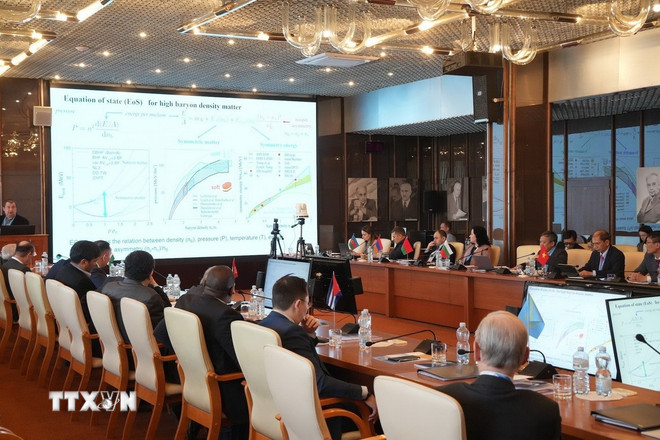
Young Vietnamese scientists may have the opportunity to work with the NICA superconducting particle accelerator - one of six super science projects in Russia aiming to create breakthroughs in basic scientific research.
It is worth mentioning that in recent years Russia has been very successful in the field of import substitution, including in the high-tech industry. Many scientific research equipment that used to be completely imported, Russia is now moving towards self-production.
Another aspect also mentioned by Dr. Tran Tuan Anh in the development of science and technology is the policy and conditions for researchers.
It is clear that in Dubna, all Vietnamese cadres can devote themselves to research without having to worry about living problems.
The officials sent came from many agencies, mainly the Vietnam Academy of Science and Technology (VAST) and the Vietnam Atomic Energy Institute (VINATOM); in addition, there were Hanoi National University, Ho Chi Minh City National University, Hue University, Van Lang University, Dalat University, Duy Tan University. The officials sent were supported with monthly living expenses at the request of the Governor General.
Dr. Grigory Trubnikov, Academician of the Russian Academy of Sciences, Director of the Joint Institute for Nuclear Research (OIIaI) in Dubna, said that there are currently about 30 Vietnamese scientists working at the Dubna Institute.
The encouraging trend is that the number has increased sharply since last year. And in the near future, the Institute will welcome nearly 20 new staff from Vietnam, showing that the Institute's research field meets the interests of the Vietnamese Government.
It can be seen that Vietnam's decision on outstanding development in the field of science and technology has been welcomed by the young scientific community at the Dubna Institute, igniting a strong new driving force in international cooperation, in scientific research, and in asserting itself on the world's high-tech science map./.
Source: https://www.vietnamplus.vn/hop-tac-khoa-hoc-giua-viet-nam-va-lien-bang-nga-khong-ngung-phat-trien-post1022747.vnp


![[Photo] Third meeting of the Organizing Subcommittee serving the 14th National Party Congress](https://vstatic.vietnam.vn/vietnam/resource/IMAGE/2025/4/2/3f342a185e714df58aad8c0fc08e4af2)
![[Photo] Relatives of victims of the earthquake in Myanmar were moved and grateful to the rescue team of the Vietnamese Ministry of National Defense.](https://vstatic.vietnam.vn/vietnam/resource/IMAGE/2025/4/2/aa6a37e9b59543dfb0ddc7f44162a7a7)



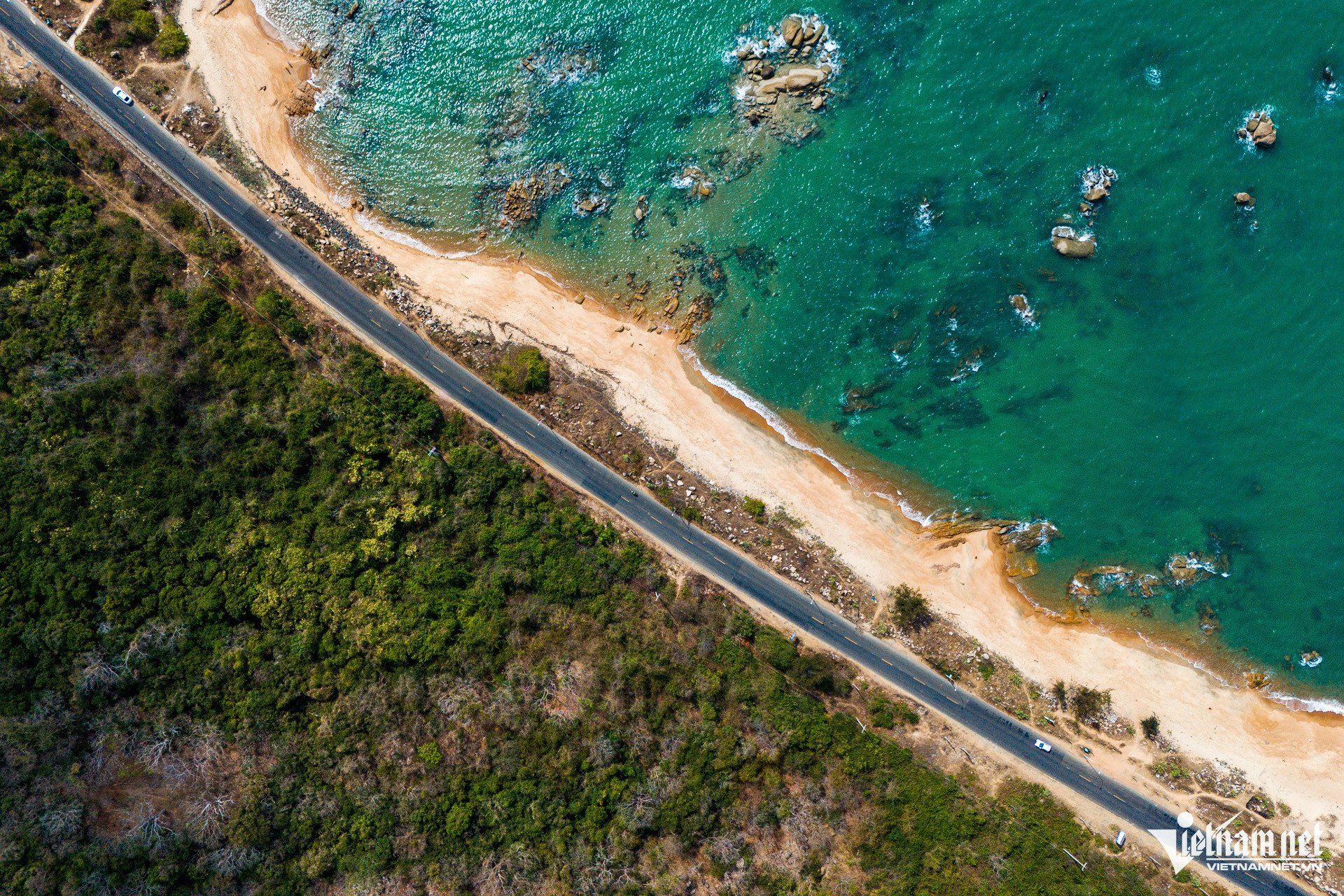
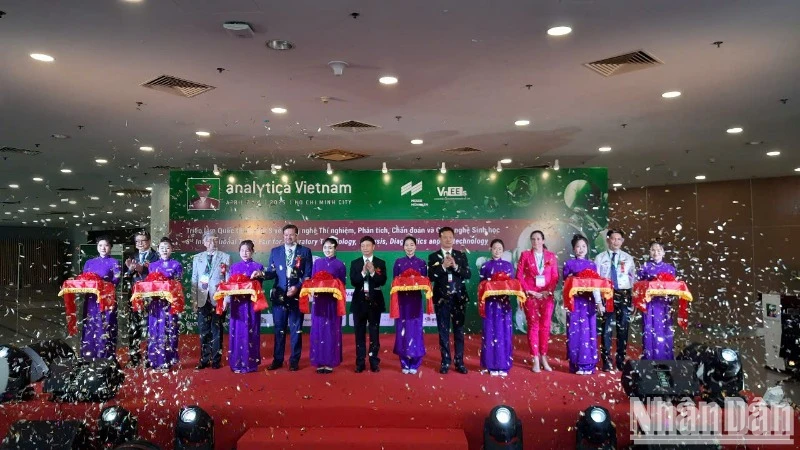
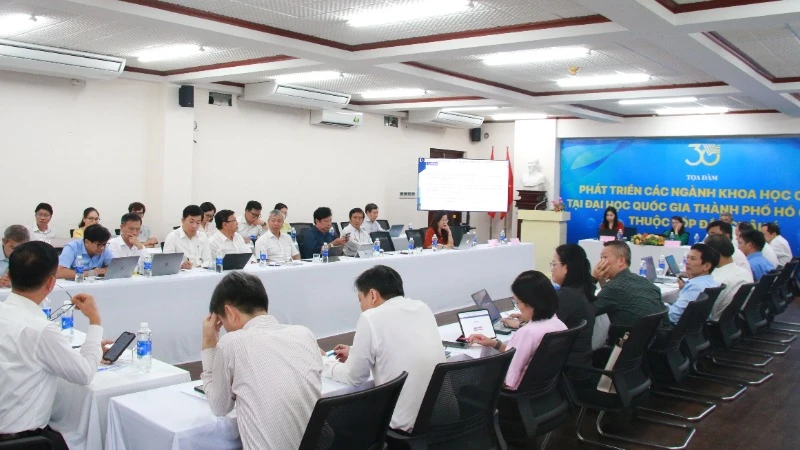

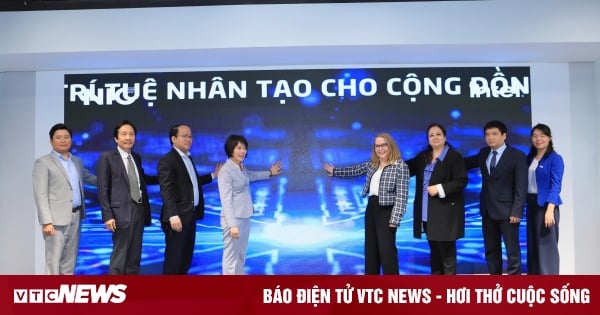
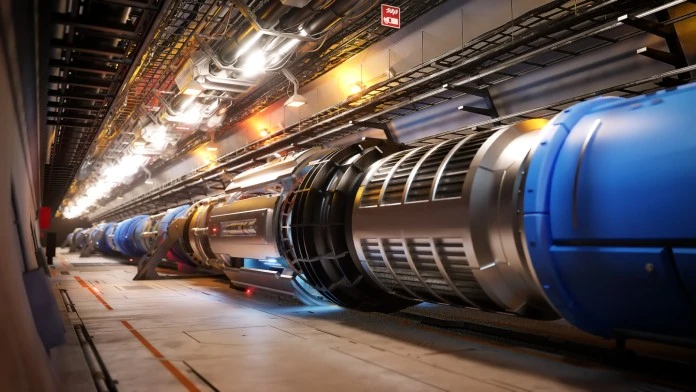






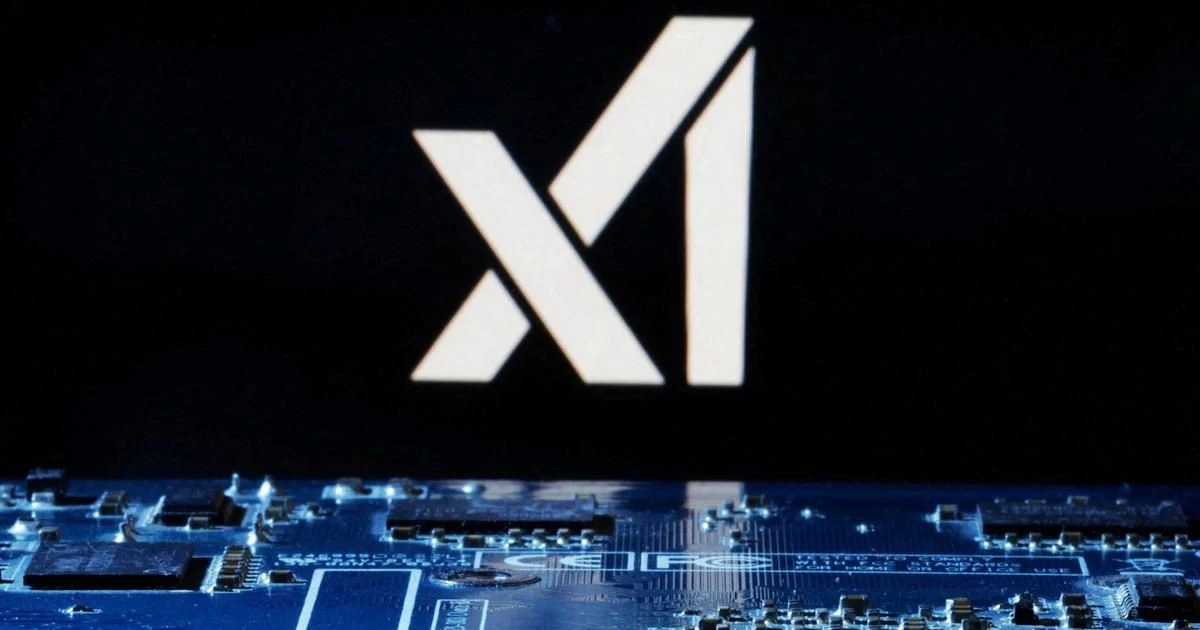
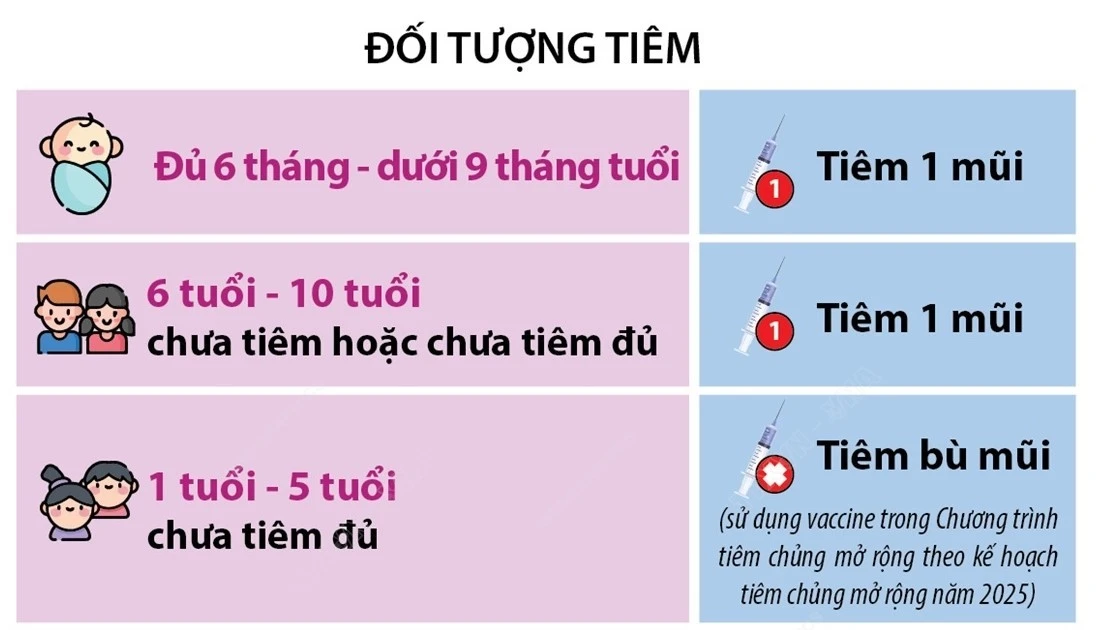

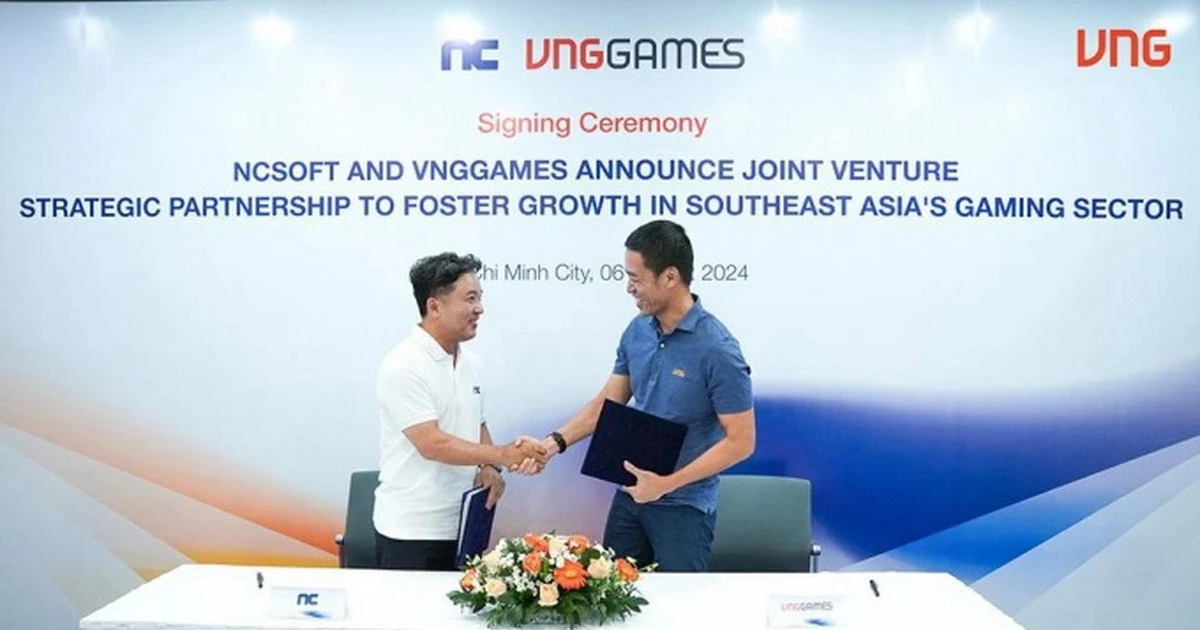



































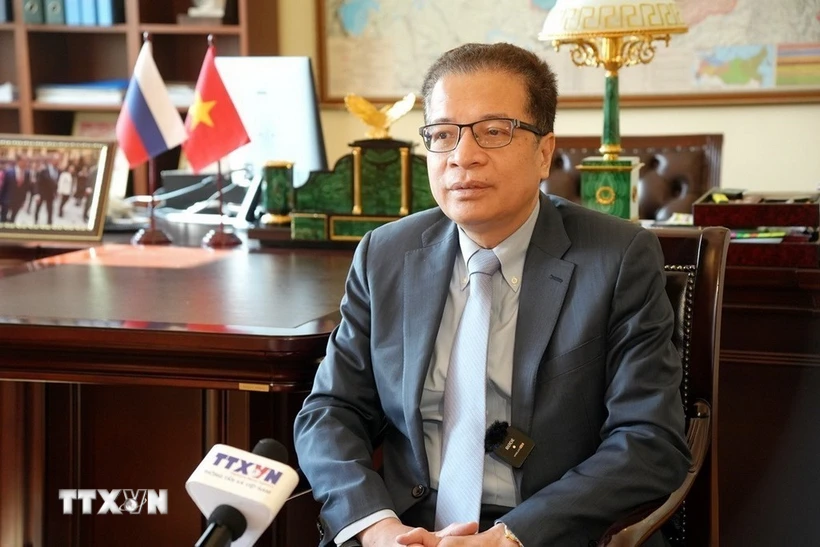
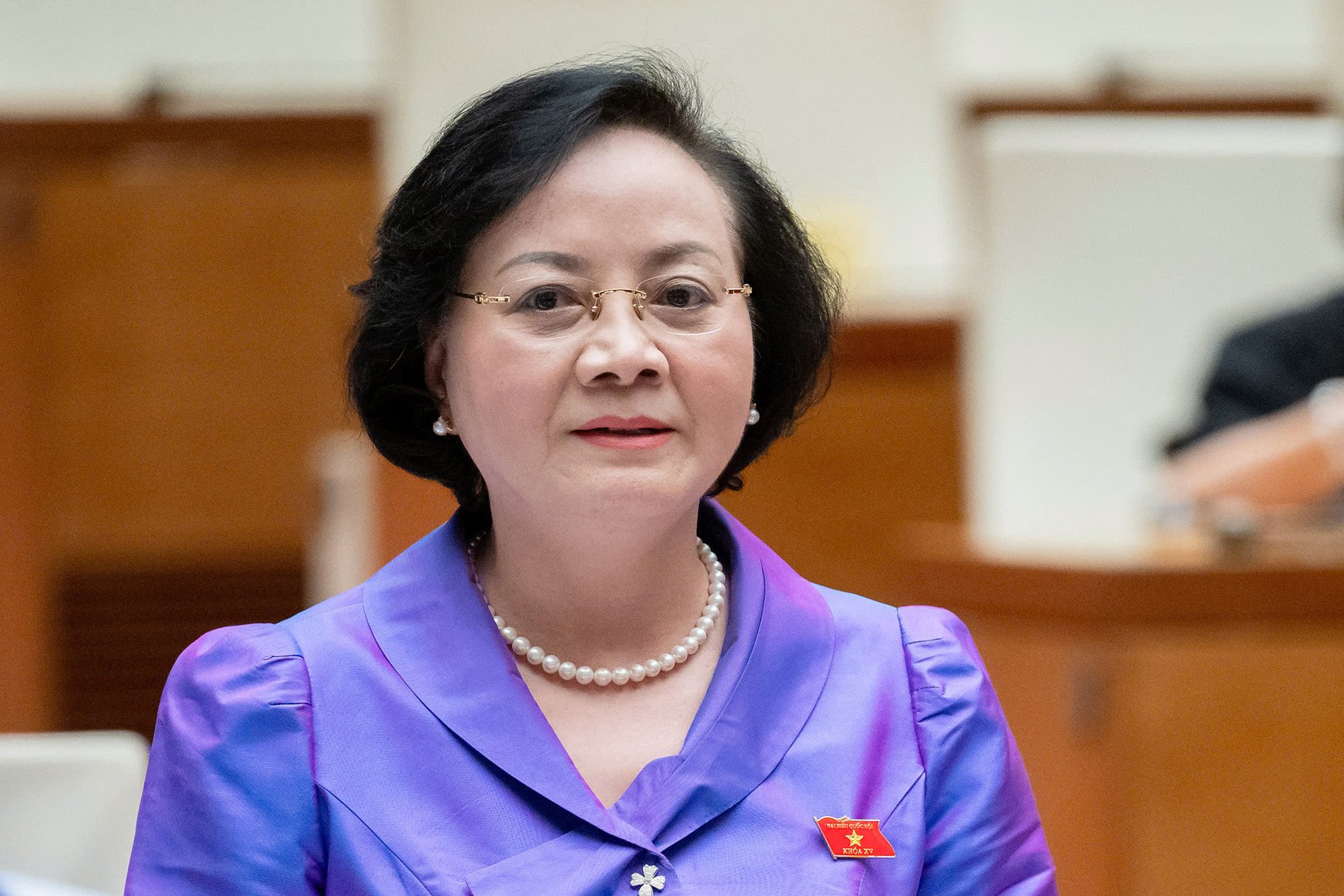
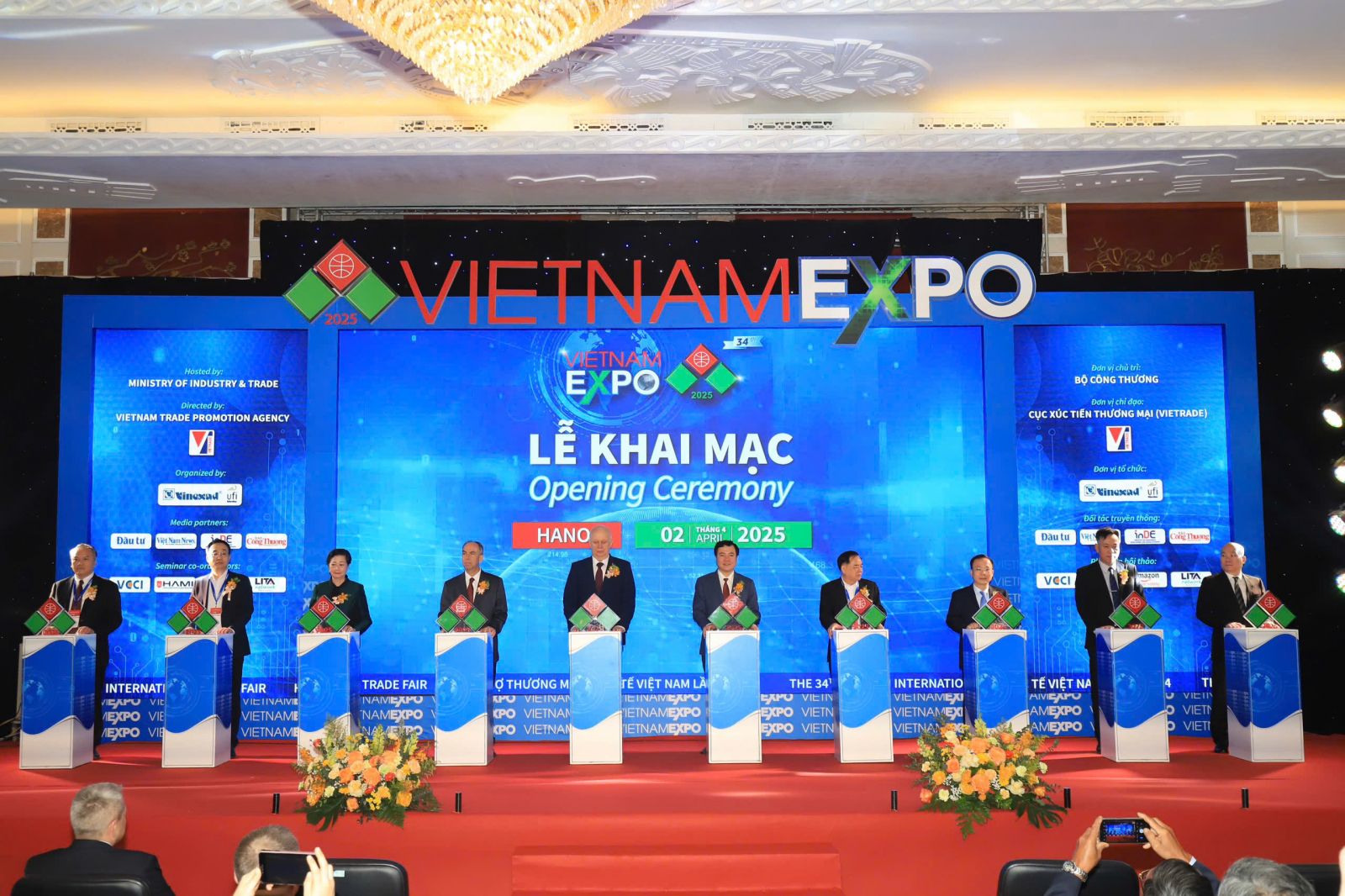

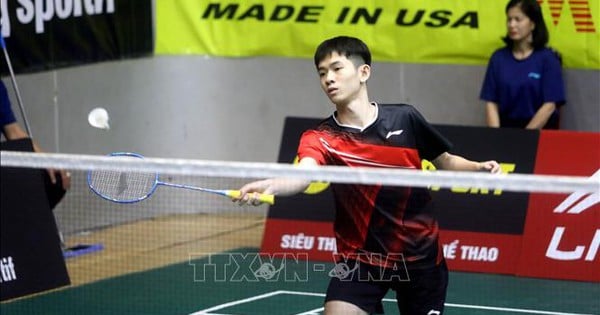


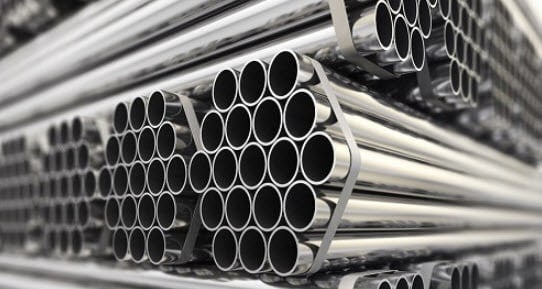

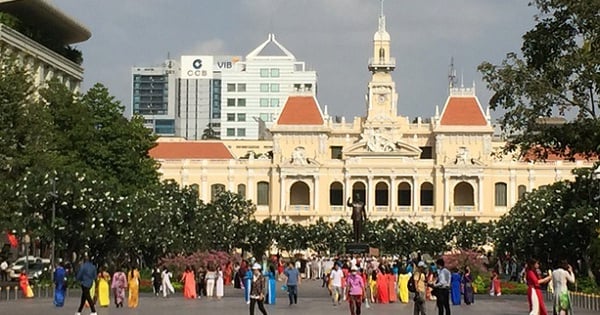


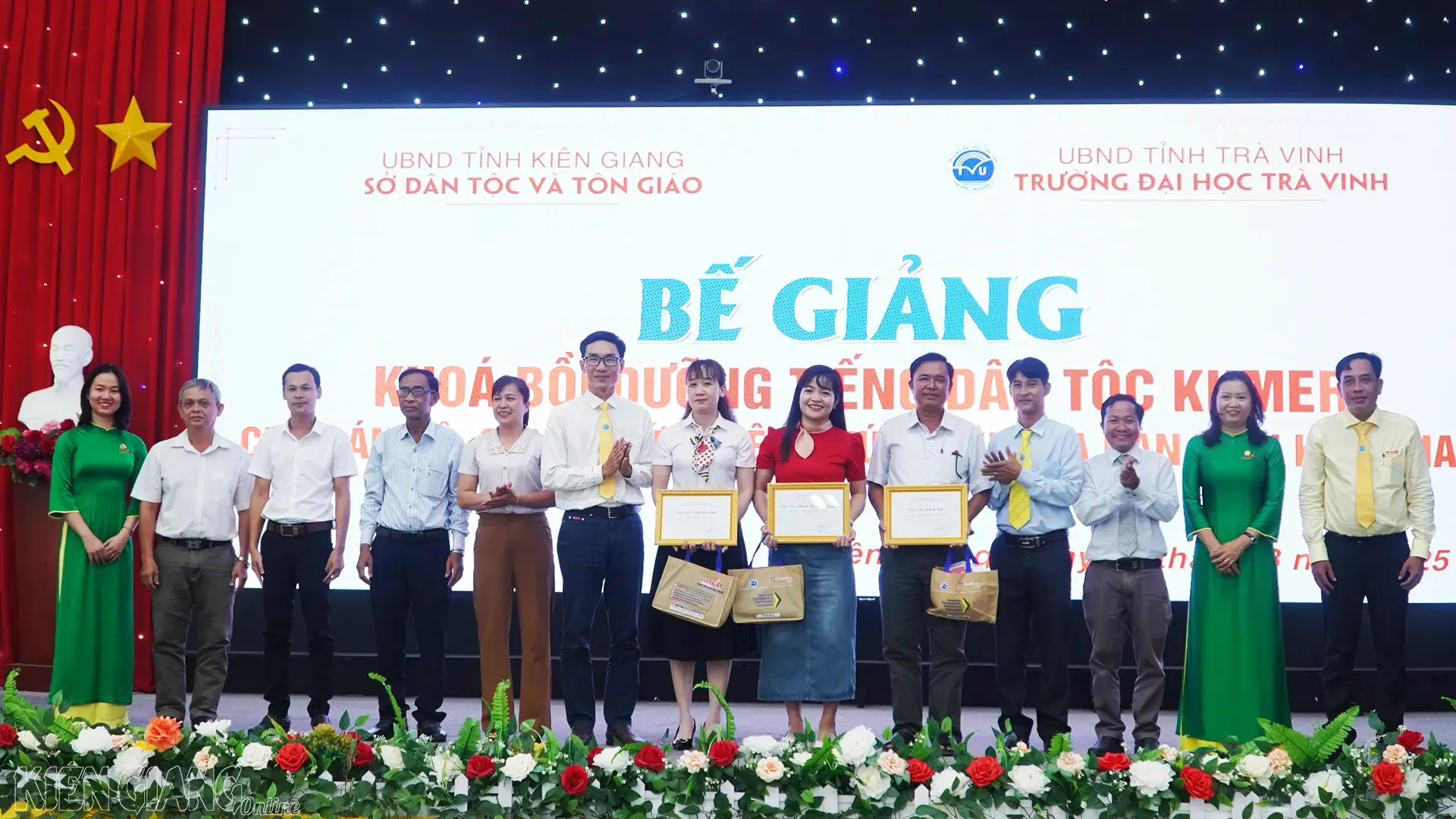





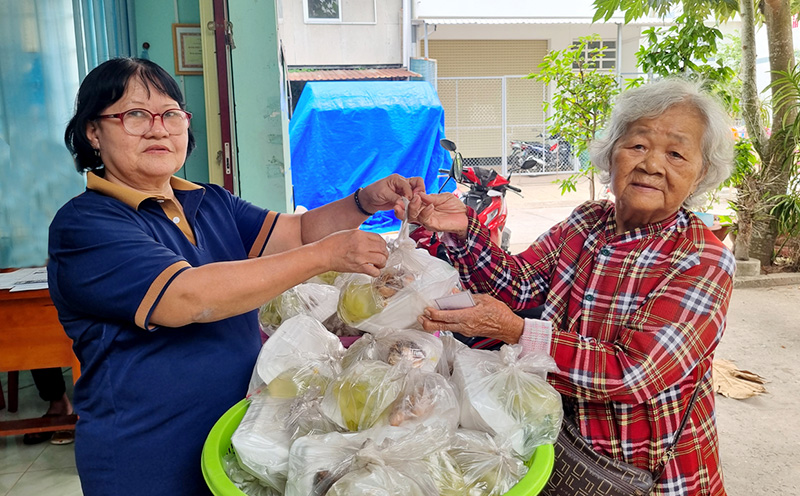











Comment (0)